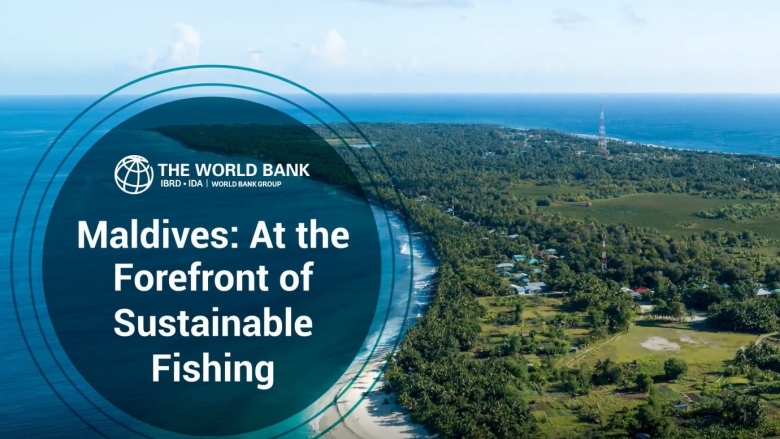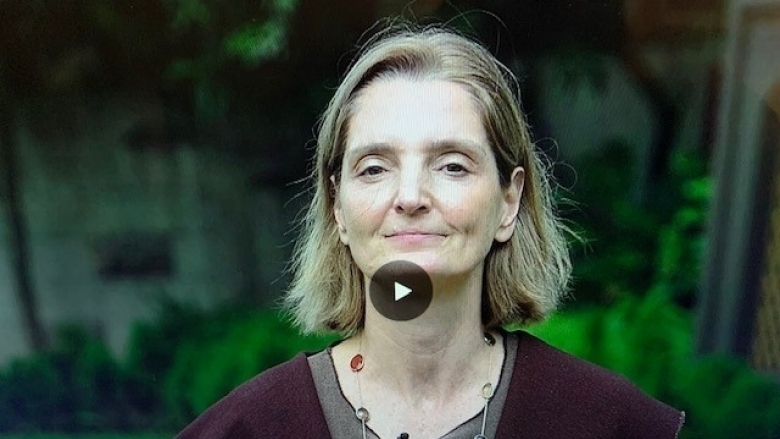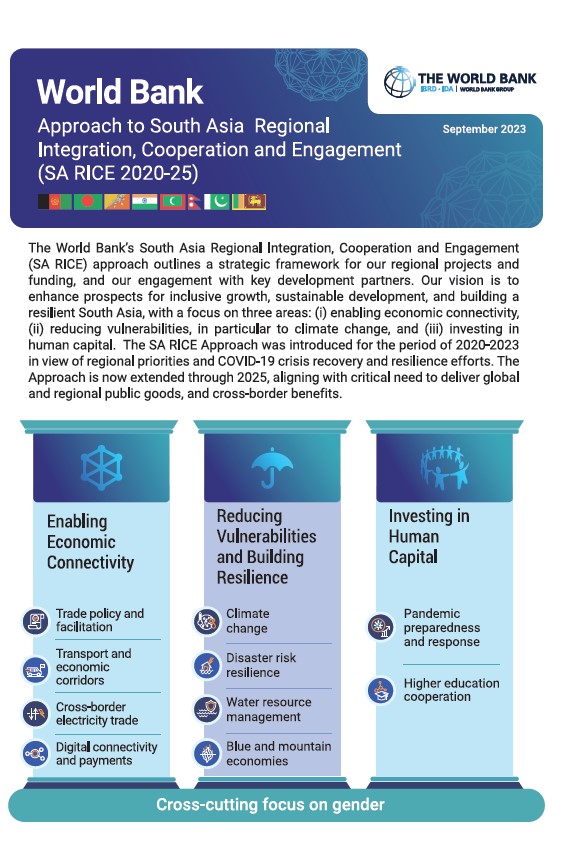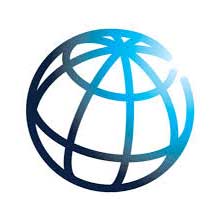As Afghanistan, Bangladesh, Bhutan, India, Maldives, Nepal, Pakistan, and Sri Lanka recover from the COVID-19 pandemic, greater regional cooperation can help build back better with climate resilience, inclusive economic growth, and more opportunities.
South Asia is one of the least integrated regions in the world in terms of trade and people-to-people contact. Putting aside traditional concerns and taking joint action can develop cross-border solutions to shared issues, strengthen regional institutions, improve infrastructure and connectivity, and advance trade policy.
Regional cooperation has the potential to produce significant gains across all countries of South Asia. Intraregional trade now stands at just one-third of its potential with an estimated gap of $44 billion annually. An electricity market of the BBIN countries -- Bangladesh, Bhutan, India, and Nepal -- would save an estimated $17 billion in capital costs. And improvements in transport and logistics can reduce the 50 percent higher cost for container shipments in South Asia compared to OECD nations.
Our regional integration, cooperation, and engagement approach is a framework to create a stronger, more resilient region that we like to call #OneSouthAsia. We focus on three primary themes: enabling regional connectivity, increasing climate resilience, and investing in human capital. The framework, adopted in 2020, has been extended to 2025.
Our regional work with countries uses a mix of tools and approaches. These include partnerships with trust funds and other development partners, platforms for dialogue and communication to develop consensus, and innovative social and economic analyses to lay the building blocks for inclusive approaches to trade facilitation and cross-border investments.




